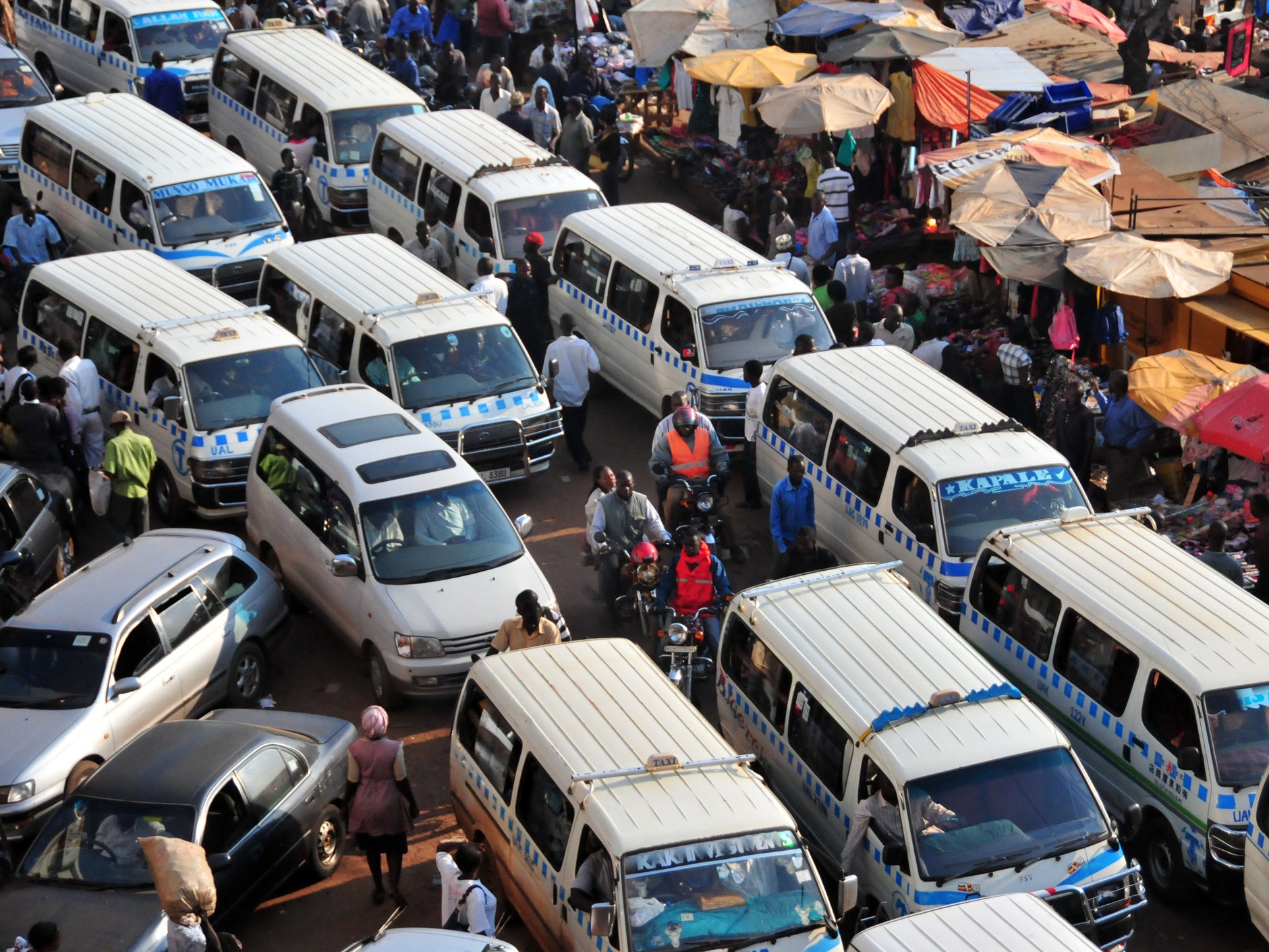Dirty diesel: The crime of exporting toxic fuels to developing countries must end, UN says
Global deaths from air pollution disproportionately affect low-income countries

Your support helps us to tell the story
From reproductive rights to climate change to Big Tech, The Independent is on the ground when the story is developing. Whether it's investigating the financials of Elon Musk's pro-Trump PAC or producing our latest documentary, 'The A Word', which shines a light on the American women fighting for reproductive rights, we know how important it is to parse out the facts from the messaging.
At such a critical moment in US history, we need reporters on the ground. Your donation allows us to keep sending journalists to speak to both sides of the story.
The Independent is trusted by Americans across the entire political spectrum. And unlike many other quality news outlets, we choose not to lock Americans out of our reporting and analysis with paywalls. We believe quality journalism should be available to everyone, paid for by those who can afford it.
Your support makes all the difference.European countries must end the “unethical and illegal” sale of extremely toxic fuels to Africa, which is causing thousands of premature deaths and “countless injuries”, a UN human rights expert has said.
Baskut Tuncak, the UN Special Rapporteur on human rights and hazardous substances and wastes, said European countries were selling fuels which could not legally be used in Europe, and that they are having a dire human rights impact.
He said: “Businesses based in Europe continue to export fuel containing extremely high levels of sulphur and other toxic substances that would not be allowed for sale in their home countries, but continue to be sold on the African market.
“This so-called dirty diesel is estimated to kill thousands of people in Africa each year, which may rise to 31,000 premature deaths and countless injuries to health by 2030 if unaddressed.
“This exploitation of lower standards of protection in Africa is not only immoral and unethical, but also criminal in certain circumstances and must stop.”
He said the countries urgently need to move towards using cleaner, less-toxic fuels.
Under international law, it is a crime to export substances, including fuels, that are banned or refused registration “for any reason” to countries that are party to the Bamako Convention from non-contracting parties.
The 1991 convention was designed to prohibit the import of hazardous waste, and 27 states in Africa are signatories to it.
Mr Tuncak said: “These unfettered exports of deadly fuels to Africa fly in the face of the private sector’s repeated acceptance of its responsibility to prevent and mitigate human rights impacts.
“It clearly illustrates the need for states to compel businesses to conduct human rights due diligence that takes into account the risk of exploitation by exposure to toxic pollution.
“European and other governments cannot continue to turn a blind eye to the abhorrent practice of exporting prohibited substances to countries with lower standards of protection. States must ensure that businesses in their jurisdiction respect the human rights of everyone, including the right to breathe clean air.”
Ambient (outdoor) air pollution contributes to an estimated 4.2 million premature deaths around the world each year, according to the Word Health Organisation.
The organisation says around 91 per cent of the world’s population lives in places where air quality levels exceed WHO limits.
While ambient air pollution affects developed and developing countries alike, low and middle-income countries experience the highest burden.
Mr Tuncak’s calls to stop the trade in dirty diesel come on the occasion of World Environment Day, which this year focuses on air pollution.
Join our commenting forum
Join thought-provoking conversations, follow other Independent readers and see their replies
Comments